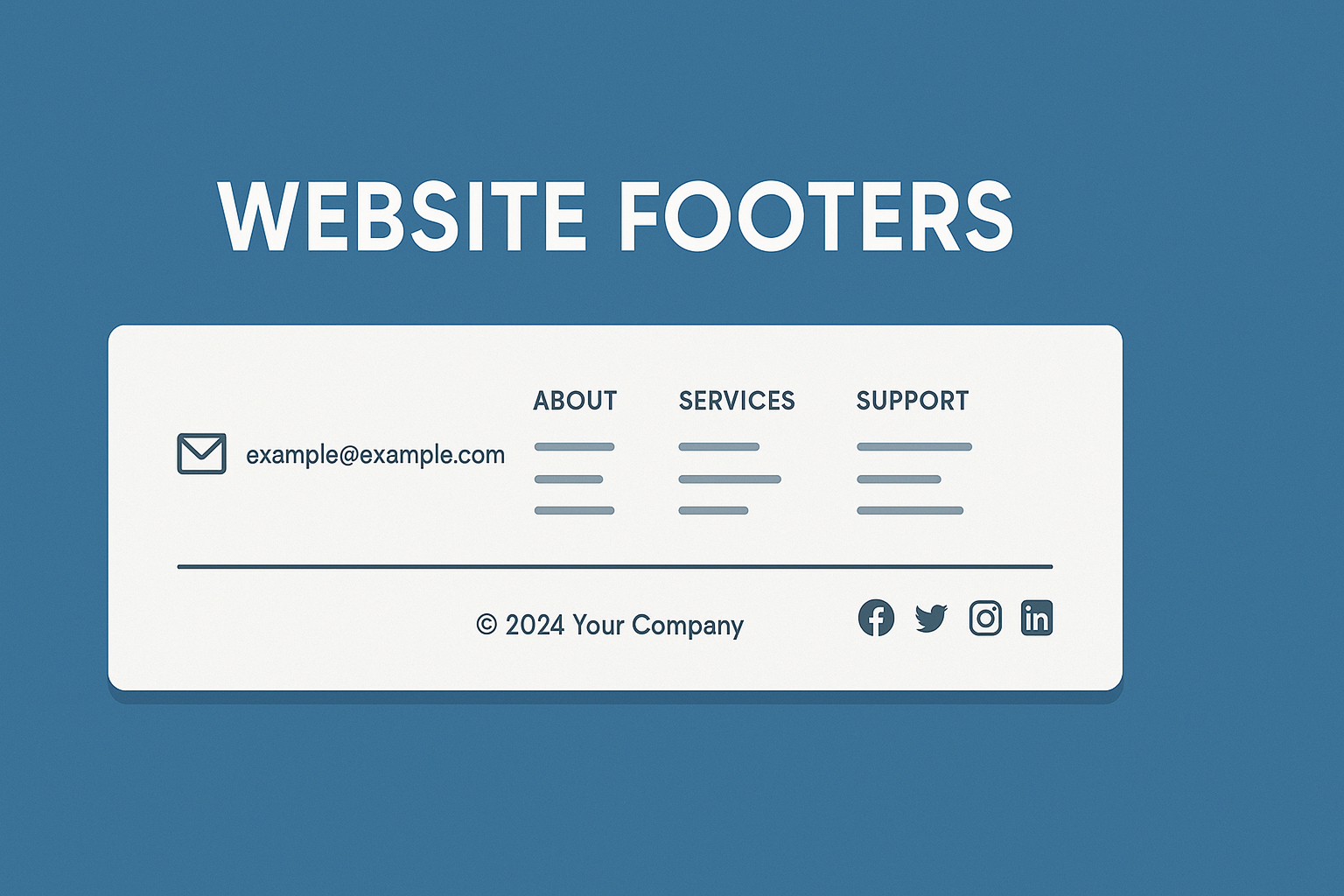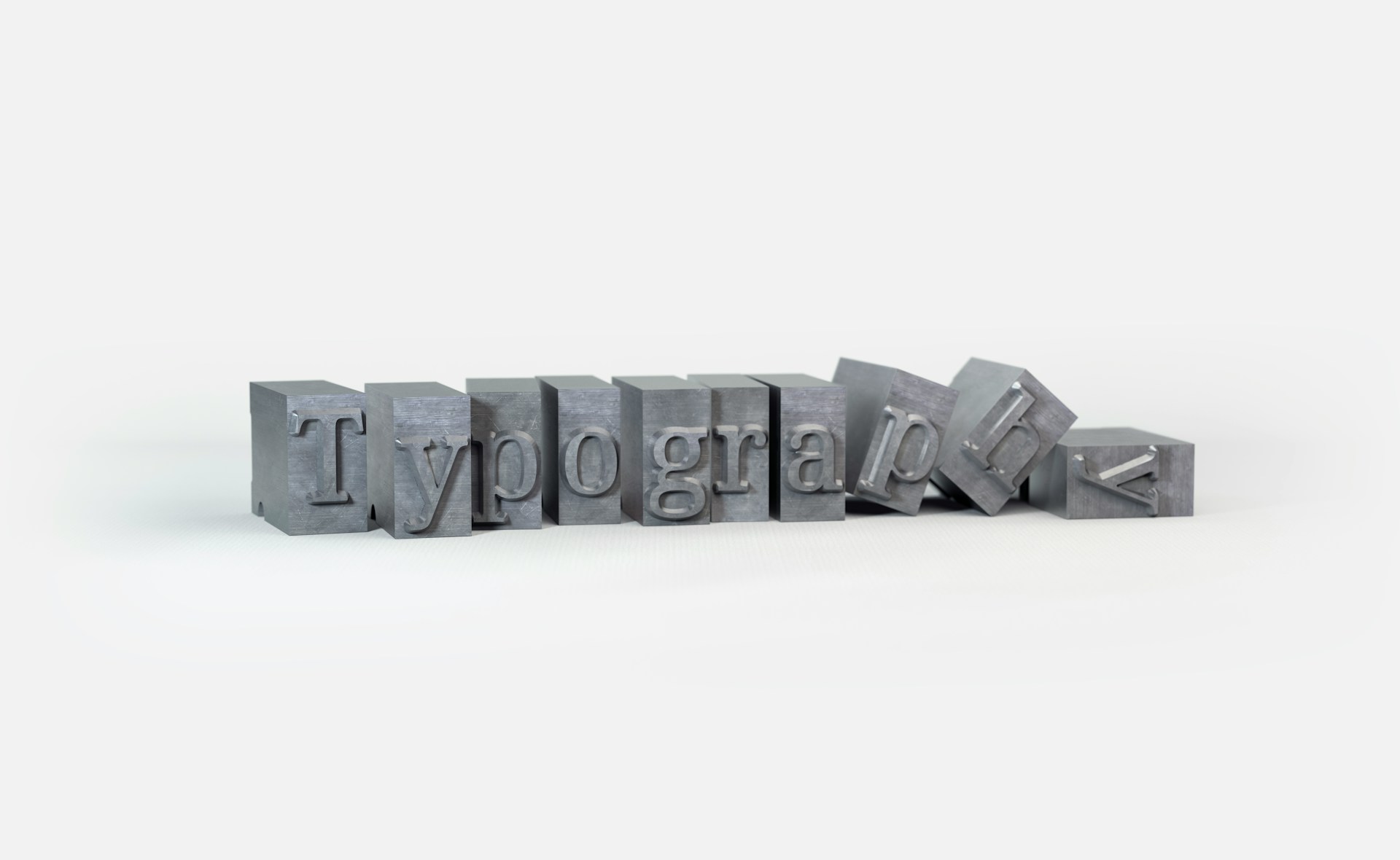It’s one of the first questions we get asked — and it’s usually followed by:
“Because I’ve seen quotes from £300 to £10,000…”
So let’s clear it up.
The cost of a website depends entirely on what you need it to do, and how seriously you take it. Below is a straight-talking breakdown of where the money goes, what to expect at each level, and how to avoid wasting budget.
🧩 1. What Affects the Price?
What type of website is it?
A 3-page brochure site is very different from a 25-product e-commerce build
Do you just need something online? Or something that wins work?
Who’s building it?
Freelancers, DIY builders, and agencies all price differently
You’re not just paying for hours, you’re paying for process, polish, and performance
What’s included?
- Is copywriting included?
- SEO setup?
- Mobile optimisation?
- Hosting?
-
Strategy?
Some quotes include everything. Some include… very little.
📊 2. The Rough Cost Tiers (2025)
£0–£500: DIY Builders
Think Wix, Squarespace, GoDaddy.
Great for personal projects. Risky for serious businesses.
You’ll spend time learning, guessing, and eventually redesigning later.
£500–£1,500: Freelancer / Template Setup
Often a basic build using a pre-made theme. Might look okay on the surface — but likely no real strategy, SEO, or structure underneath.
You’ll probably outgrow it within a year.
£1,500–£3,000: Entry-Level Professional Build
This is where serious work begins:
– Bespoke design
– Proper mobile layout
– SEO setup
– Guidance on content and conversion
– Basic care and launch support
This is our typical starting point at Web Butler.
£3,000–£6,000: Strategy-Led Website
Built for businesses who need to win work, not just exist online. Includes the following:
– Deep planning
– Copy refinement
– Strong SEO foundations
– Landing pages, multiple user journeys, clearer calls-to-action
– Conversion tracking + full testing
If your site is the centre of your marketing — this is the level you need.
£6,000+: Custom Platforms / Complex Builds
Full-scale platforms, integrations, user systems, custom dashboards, booking flows, API dev, etc.
You’ll know if you’re in this bracket. If you’re not sure — you’re probably not.
🧠 3. What You’re Actually Paying For
It’s not just the number of pages or hours worked. A professional website should include:
✍️ Content support or full copywriting
📱 Mobile-first responsive design
🧠 Strategy + user journey mapping
⚙️ SEO setup (titles, tags, structure)
💨 Speed + performance optimisation
💬 Support, care, hosting, and edits after launch
If someone’s quoting £400 — they’re skipping most of that.
🚩 4. Warning Signs to Avoid
- “Unlimited pages” — means nothing without structure
- “Built in 2 days” — usually rushed and templated
- “We’ll sort the SEO later” — they won’t
- “You just send us the content” — means you’ll write it, badly, then they’ll paste it in
You don’t need to overpay. But if you’re underpaying, you’re likely going to pay twice.
💥 And if you’re in the UK — congrats. You can no longer burn money because it’s plastic.
But you can still fecking melt it on a bad website build.
Conclusion – Websites that win work
You can get a website for any price. But if you’re using it to win work, build trust, and grow your business — you’ll need one that’s built with intention.
That’s where we come in.



